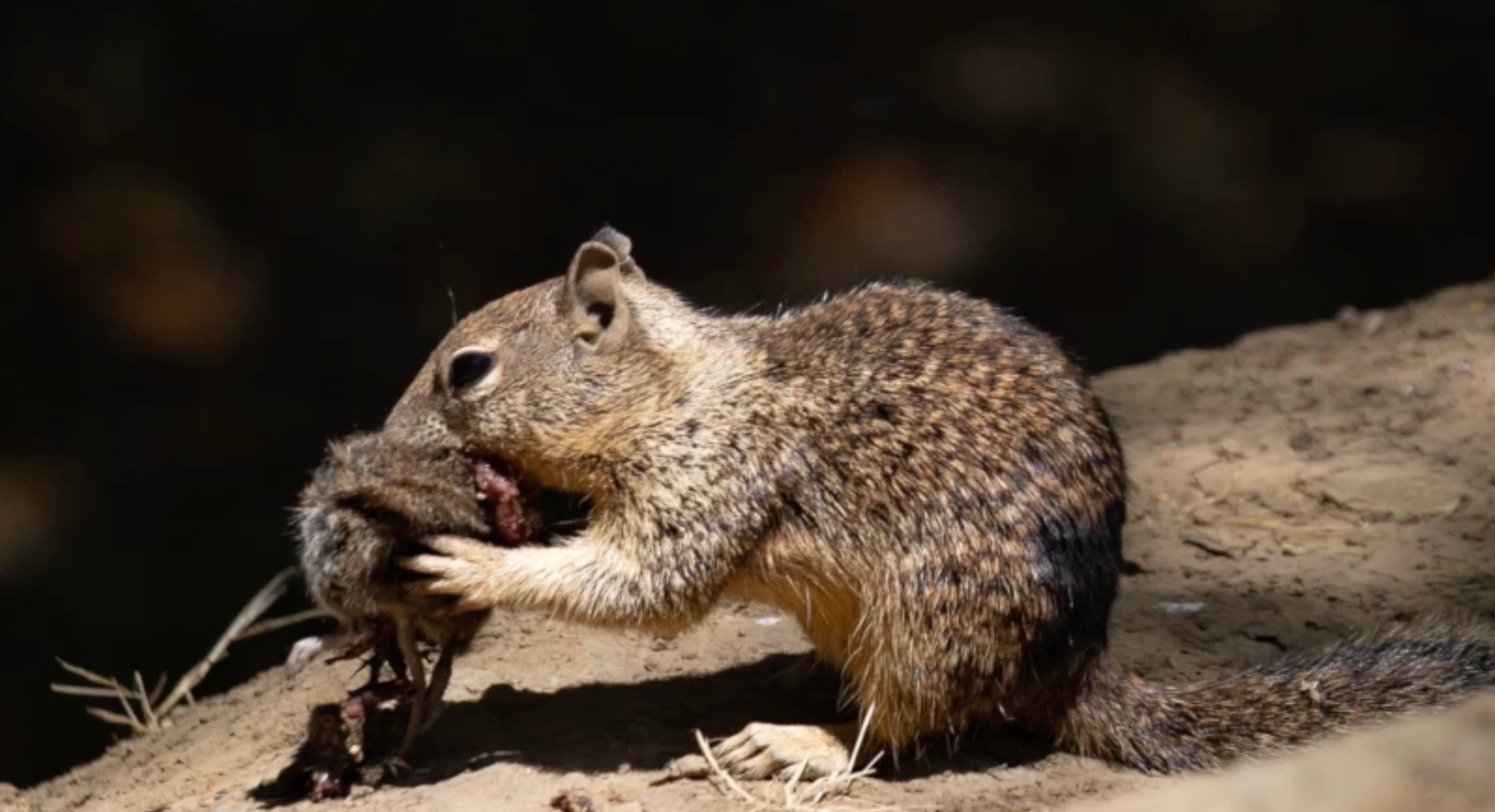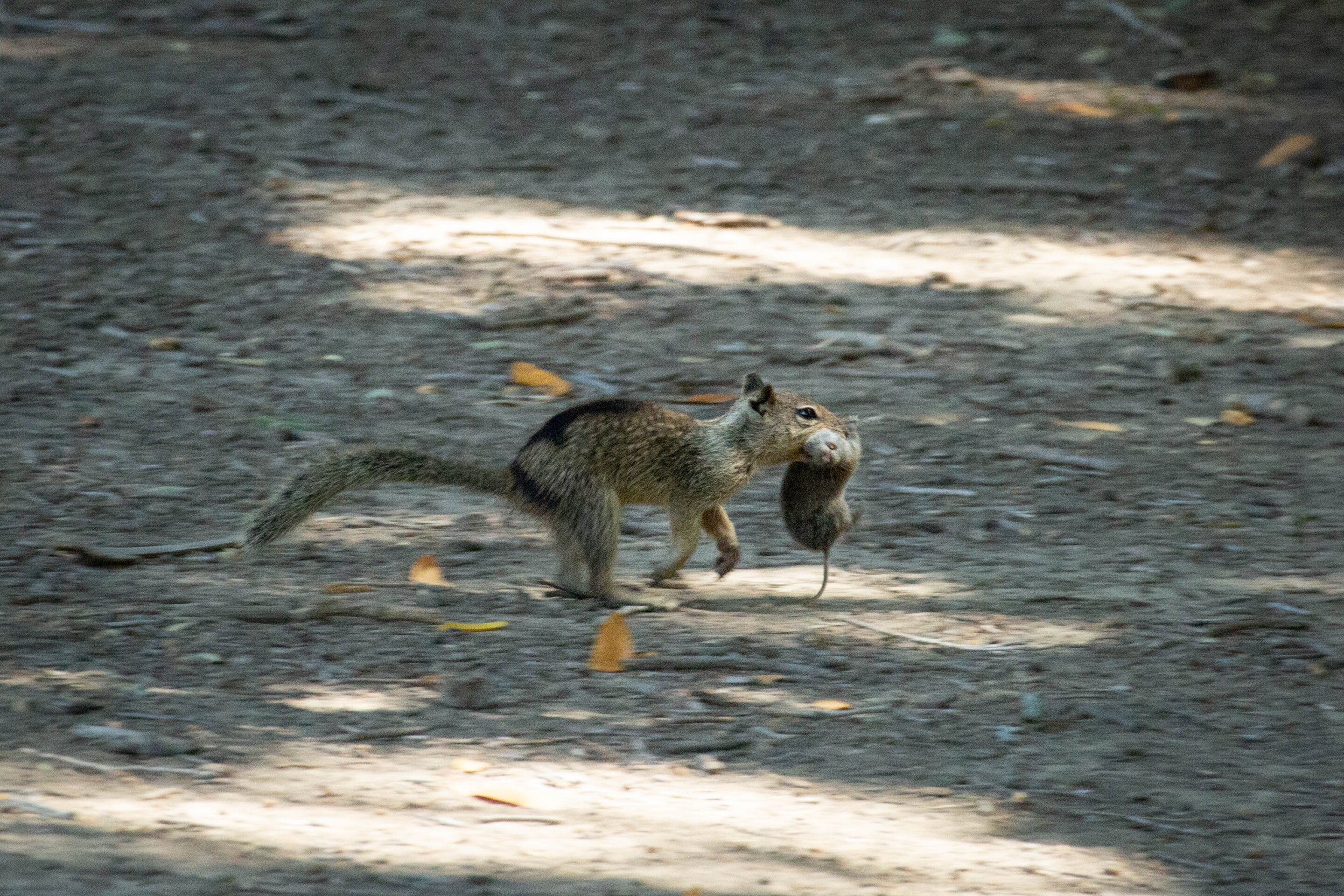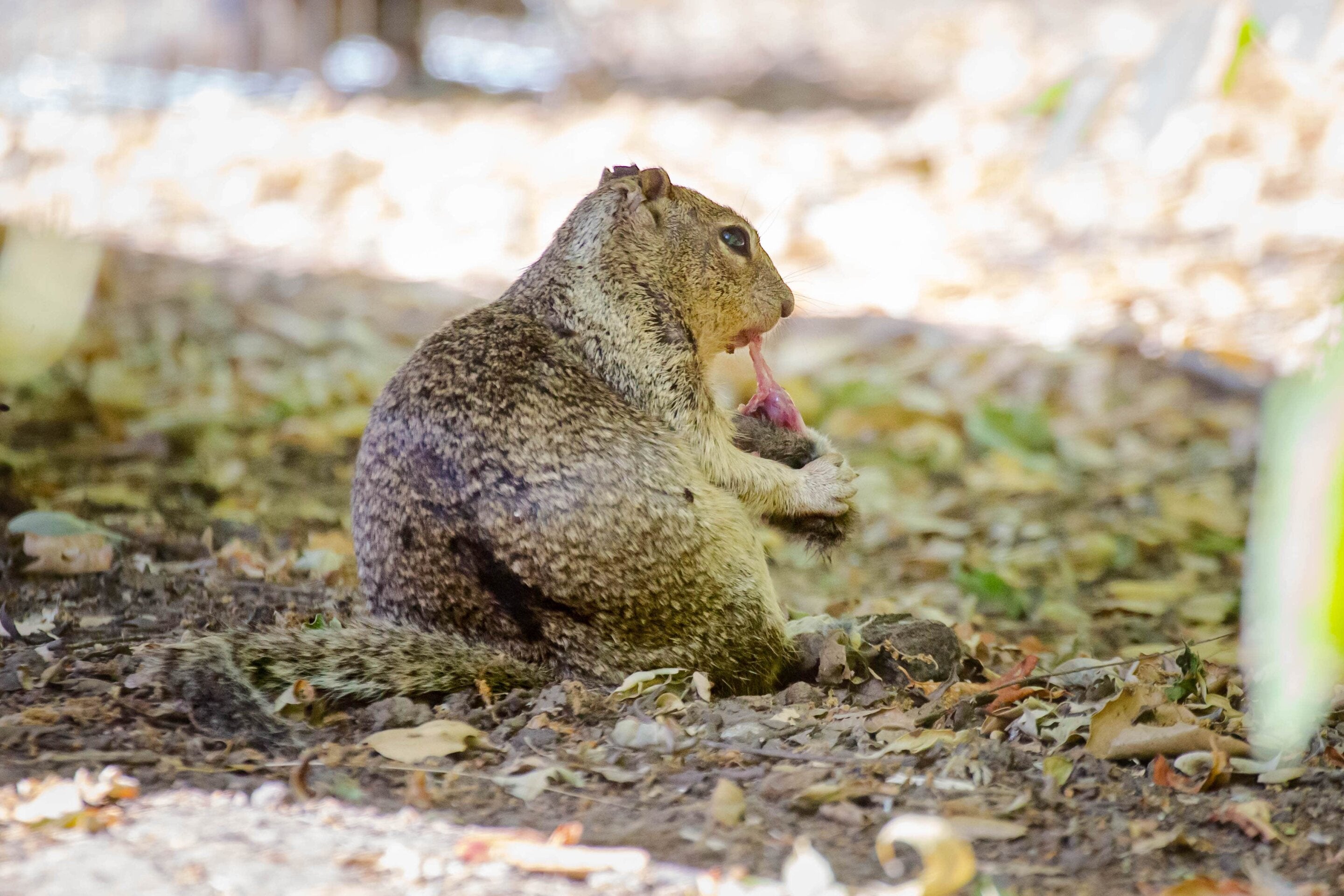Squirrels spotted hunting and eating rodents in ‘shocking’ discovery
New study suggest squirrels could be opportunistic omnivores

Your support helps us to tell the story
From reproductive rights to climate change to Big Tech, The Independent is on the ground when the story is developing. Whether it's investigating the financials of Elon Musk's pro-Trump PAC or producing our latest documentary, 'The A Word', which shines a light on the American women fighting for reproductive rights, we know how important it is to parse out the facts from the messaging.
At such a critical moment in US history, we need reporters on the ground. Your donation allows us to keep sending journalists to speak to both sides of the story.
The Independent is trusted by Americans across the entire political spectrum. And unlike many other quality news outlets, we choose not to lock Americans out of our reporting and analysis with paywalls. We believe quality journalism should be available to everyone, paid for by those who can afford it.
Your support makes all the difference.Scientists have for the first time ever found “shocking” evidence of carnivorous behaviour in squirrels — hunting and eating voles in California.
Ground squirrels are often seen stuffing their cheeks with nuts, seeds or grains, indicating that they are a granivorous species.
But the latest discovery, published in the Journal of Ethology, suggests squirrels may be opportunistic omnivores with a more flexible diet than assumed.
In the study, scientists from the University of California Davis assessed 74 interactions of squirrels with voles from June and July 2024.
They found that more than 42 per cent of the interactions involved active hunting of the small rodents by ground squirrels.

“This was shocking,” Jennifer E Smith, an associate professor of biology and the study’s lead author, said. “We had never seen this behaviour before.
Here’s this never-before-encountered-in-science behaviour that sheds light on the fact that there is so much more to learn about the natural history of the world around us.”
Initially, when undergraduate students showed a video of what they had seen in the field, Dr Smith said she could “barely believe” her eyes. “From then, we saw that behaviour almost every day. Once we started looking, we saw it everywhere,” she said.

Researchers documented scores of instances of ground squirrels of all ages hunting, eating and competing over vole prey within a span of under two months.
They found the carnivorous summer behaviour of the squirrels peaked during the first two weeks of July, linked to an explosion of vole numbers at the local park.
They did not observe the squirrels hunting other mammals, making them suspect the behaviour may have emerged in response to a temporary increase in the availability of prey.
“The fact that California ground squirrels are behaviorally flexible and can respond to changes in food availability might help them persist in environments rapidly changing due to the presence of humans,” Sonja Wild, another author of the study, said.
Several mammal species like raccoon, coyote and spotted hyena are known to be “incredible opportunists” showing great flexibility in hunting strategies that help them adapt to human-altered landscapes.
The new findings add squirrels to the list.

Many questions remain unanswered, however, such as how widespread this behaviour is among squirrels. Researchers now hope to understand whether and how the behaviour is passed down from parent to pup and how it affects California’s ecology.
They also seek to understand how the newly found association between ground squirrels and voles could influence the jumping of diseases between the species.
“Although we observed no signs of disease in our study population, the behaviours here could influence host-parasite dynamics.” researchers concluded.
Join our commenting forum
Join thought-provoking conversations, follow other Independent readers and see their replies
Comments